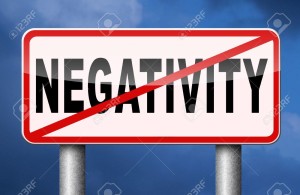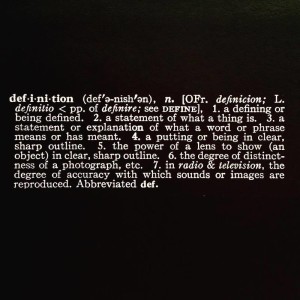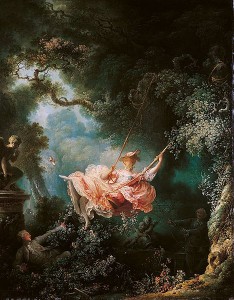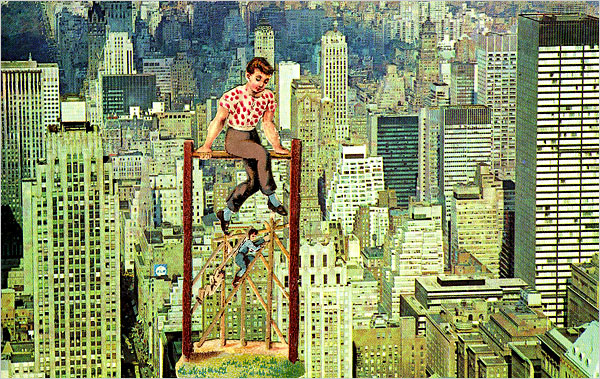There is now a good handful of reviews of Questions of Poetics: Language Writing and Consequences (and a recent theoretical article on Language writing that discusses my early work), from remarkably different perspectives. When time permits, I hope to continue the dialogue on the issues raised and texts discussed in the book. For now, I am grateful to the authors for the time and commitment it takes to write critically on others’ work.
2019
Jeanne Heuving, review of Questions of Poetics: Language Writing and Consequences and Intricate Thicket: Reading Late Modernist Poetries by Mark Scroggins. American Literature 91, no. 4 (December): 905–7. PDF here.
Timothy Kreiner, “The Politics of Language Writing and the Subject of History.” In Annie McClanahan, ed., special issue on “Deindustrialization and the New Cultures of Work.” Post45 no. 1 (1 January). Link here.
Tyrone Williams, “Examples Of: On Barrett Watten’s Questions.” Review of Questions of Poetics: Language Writing and Consequences. Jacket2 (18 January). Link here.
2018
Luke Harley, “Searchlight Intelligence.: Barrett Watten’s Critical Poetics.” Review of Questions of Poetics: Language Writing and Consequences. Journal of Poetics Research no. 9 (31 August). Link here.
Daniel Morris, “History and/as Language Poetry: Remembering Literary Community through Negation in Barrett Watten’s Questions of Poetics.” Talisman 46 (2018). Link here.
2017
Grant Matthew Jenkins. Review of Questions of Poetics: Language Writing and Consequences. ALH Online Review, ser. 14:1. Link here.
2016
Barry Schwabsky. “Reader’s Diary: Barrett Watten’s Questions of Poetics.” Hyperallergic (6 November 2016). Link here; for see the notice on Harriet link here.
Don Wellman, “Cows Nostrils Are Blue: An Essay on Practice with Comments on Barrett Watten’s Questions of Poetics.” Immanent Occasions (20 September); link here.
To order Questions of Poetics online, click here (discount options coming).


















